
Substance Use Prevention, Education, and Resources
Having a Healthy Baby and Family Begins Today
WIC promotes a healthy lifestyle for parents, caregivers, and their families. Alcohol and substance use can damage the physical, mental, and social well-being of everyone in your family.
Preventing substance use is a vital part of promoting a healthy lifestyle. If you smoke, drink alcohol, or use drugs, it is important to seek support. This is especially important for people who are pregnant or planning to become pregnant or are a parent or caregiver.
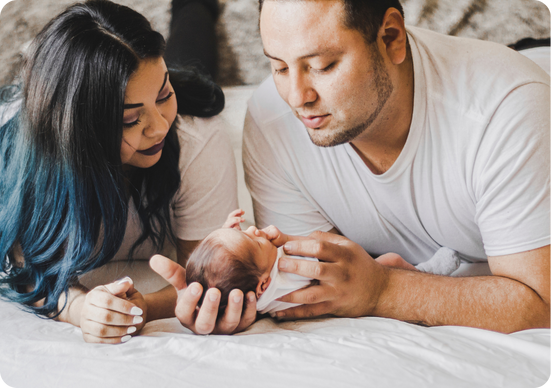

Talk to your health care provider and they can suggest programs to help you stop. WIC has referrals to programs that can help too. WIC’s substance use prevention and referral activities are intended to increase access to information about the dangers of substance use. Ask your WIC counselor.
- When you smoke, your baby does too. Not smoking helps keep your unborn baby safe and helps you feel better.
- You can help keep your baby safe by committing to an alcohol-free pregnancy.
- Seeking support will protect your baby from harmful drugs and alcohol.
Quit Smoking
Tobacco contains harmful chemicals that can hurt you and your baby. Smoking while pregnant increases the risk that your baby could:
- Be born too small or too early
- Be stillborn or die during infancy
- Have breathing problems or trouble sleeping
- Have behavioral problems later in life
Secondhand smoke increases a baby’s risk of asthma, ear infections, allergies, pneumonia, and SIDS (Sudden Infant Death Syndrome).
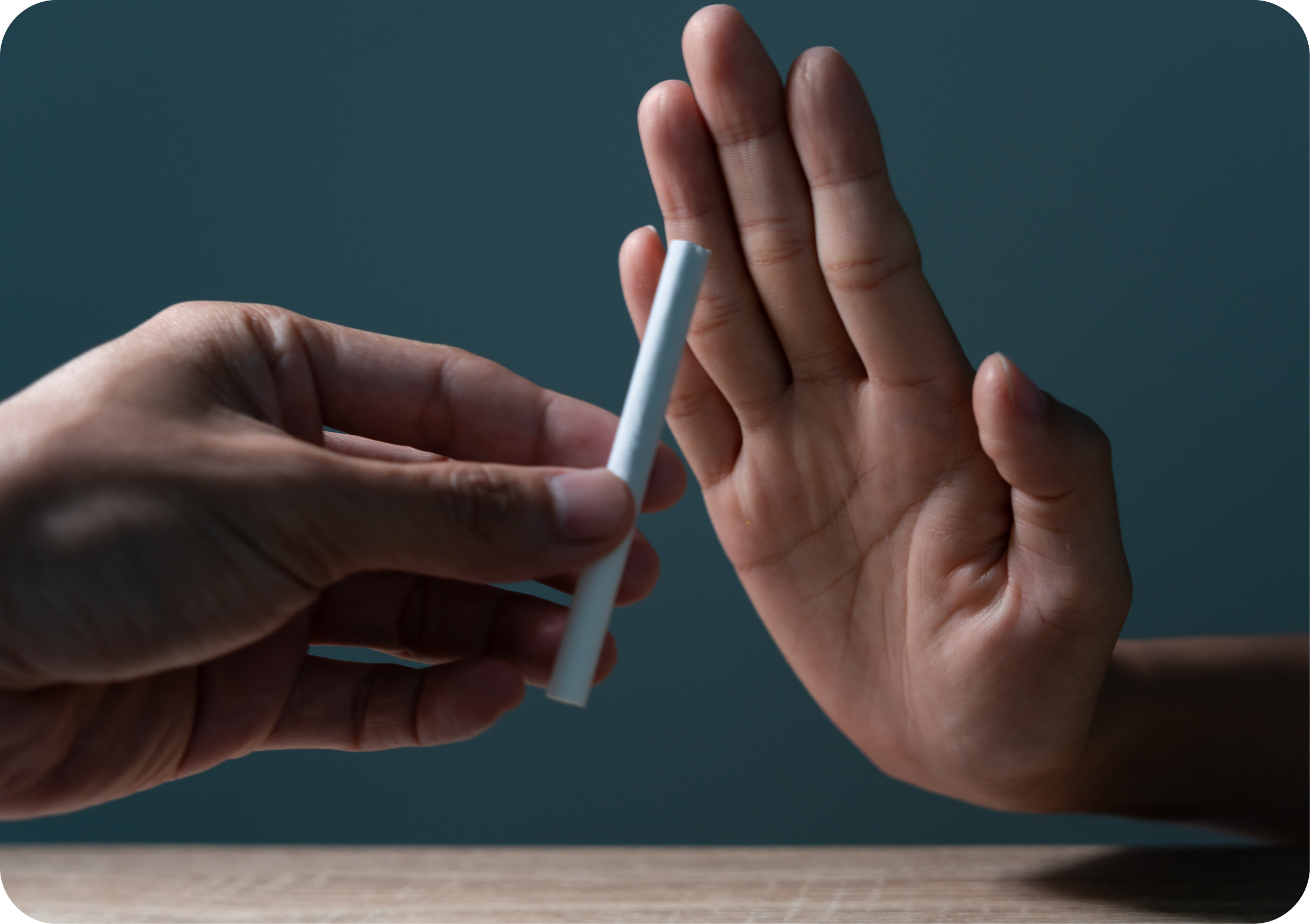 Keep your baby away from smoke, and away from anyone else who is smoking or vaping.
If you are breastfeeding, avoid cigarettes and vapes.
Smoking can lower your milk supply and make it harder for your baby to gain weight.
Not smoking or vaping can help give your baby a healthy start.
Keep your baby away from smoke, and away from anyone else who is smoking or vaping.
If you are breastfeeding, avoid cigarettes and vapes.
Smoking can lower your milk supply and make it harder for your baby to gain weight.
Not smoking or vaping can help give your baby a healthy start.
For the well-being of your baby, avoid beer, wine, wine coolers, and mixed drinks. It is not safe to drink any amount of alcohol during pregnancy. If you drank before knowing you were pregnant, it is important to stop now for your baby’s health.
Take a Break from Alcohol
Take a break from alcohol while you are pregnant. Any drinking during pregnancy can cause fetal alcohol spectrum disorders , including:
- Birth defects
- Problems seeing or hearing
- Trouble learning
- Mental and behavioral challenges
Any drinking during pregnancy also increases the chances of miscarriage, premature birth, or stillbirth for your baby.
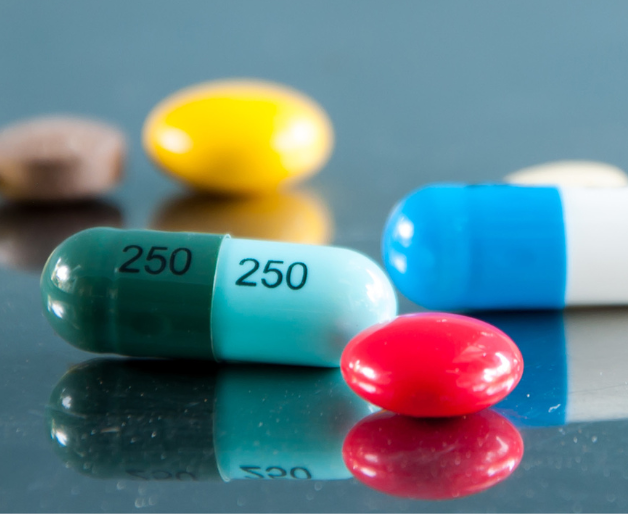
Avoid Drugs
Anything that gets you high can harm your baby. Misusing prescription or over the counter drugs can also harm your baby. This includes taking your own prescription in a way not intended by your doctor and taking a prescription drug prescribed for someone else. Using drugs, including misusing prescription drugs, during pregnancy increases the chances that your baby could:
- Be born too small, too early, or stillborn
- Be born addicted to drugs
- Have a birth defect, deformities, or trouble breathing
- Have learning, behavioral, or other health problems throughout life
Avoid using drugs like marijuana, crack, cocaine, heroin, ecstasy, meth, and other drugs that can harm your baby. Ask for help if you are using drugs. Even if you struggled to quit before, try again now for the sake of your baby. Drugs can also pass into your breastmilk and to your baby. If you have a dependence or addiction to any opioids, including illegal opioids, like heroin, it is dangerous to stop on your own. Your doctor can help you, whether your medication has been prescribed or not.
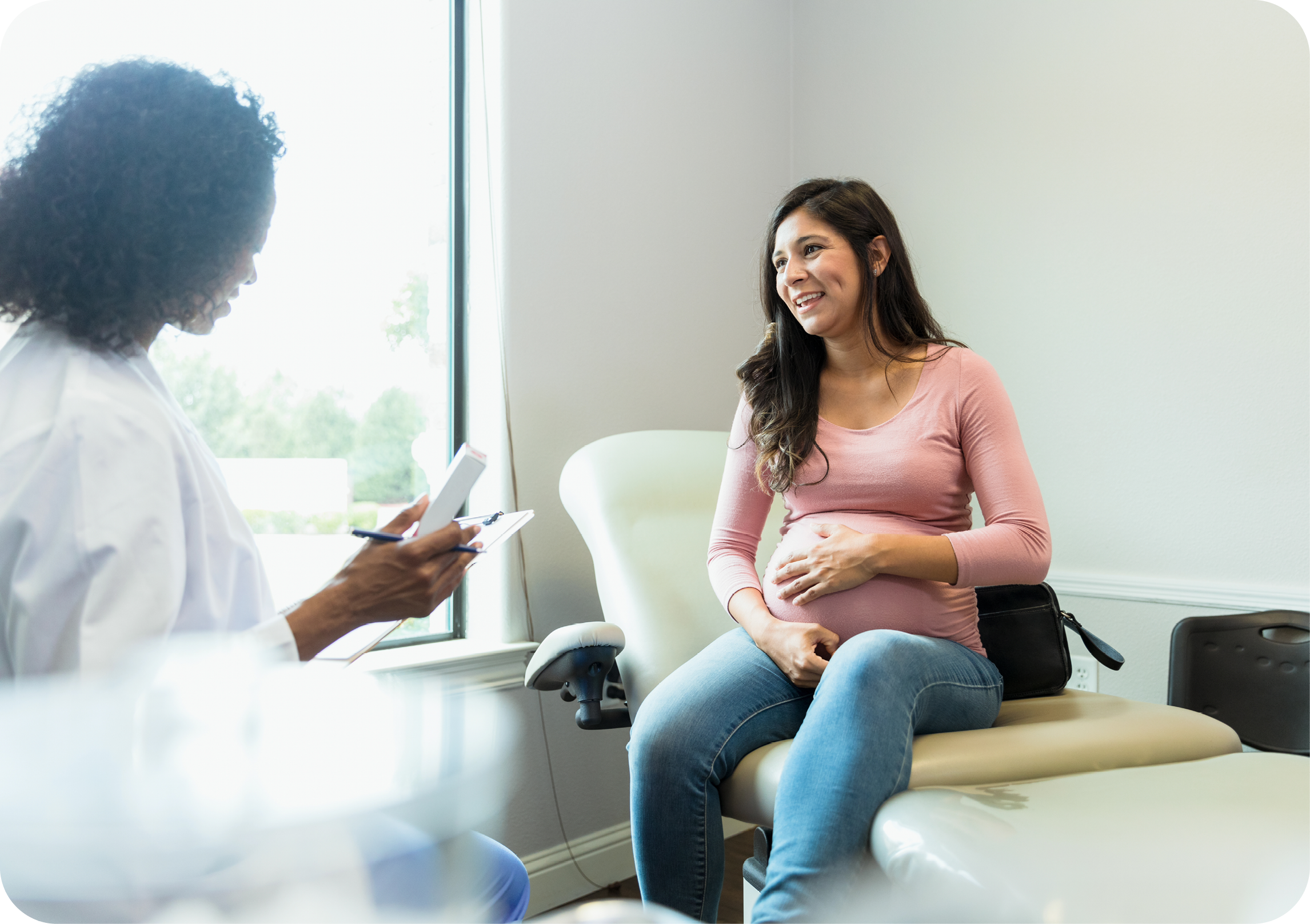
Ask Before Taking Medicines
Talk to your doctor before starting or stopping prescription medicines, including pain medicines. Some are safe to take during pregnancy, while others should be avoided. These include prescription, over-the-counter medications, and dietary or herbal supplements. Taking certain medicines during pregnancy increases the chances that your baby could:
- Be born too small, too early, or stillborn
- Have high-pitched crying and be hard to comfort
- Have a birth defect, developmental problems, or seizures
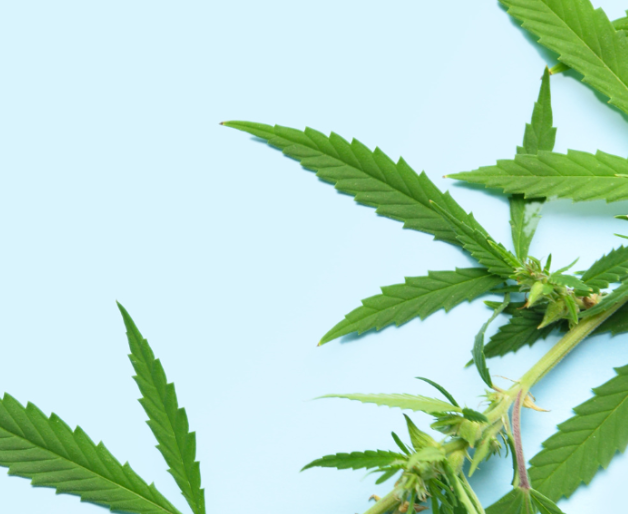
WIC Supports You
Talk to your health care provider or WIC staff for referrals. These resources are for you or anyone that you know who is struggling with substance, alcohol, or tobacco use. These substances may be harmful to you, your baby, and your children.
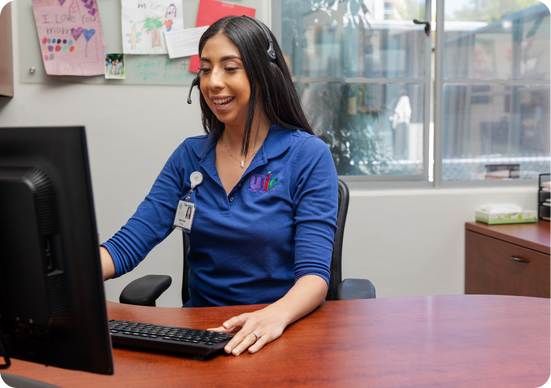

Quitting is hard. Know that you are not alone. There are people who understand what you are going through. They can help you quit, give you tips, and support you along the way.
WIC Offers These Resources
Talk to your health care provider or WIC staff for referrals.-
Mother to Baby
For information on the safety of medications and other substances during pregnancy and breastfeeding.Learn More -
Postpartum Support International
Postpartum Support International for stress and anxiety help right now.- Call 1-800-944-4773
- #1 En Espanol or #2 English
- Text “Help” to 800-944-4773
- Text en Espanol: 971-203-7773
Learn More -
United Way 211
211 is a resource telephone number to find information on local community services and obtaining referrals to housing, utilities, food, healthcare, mental health resources, substance use interventions; and suicide and crisis interventions.
If you need assistance to find local community services, call 2-1-1.
Learn More -
SAMHSA
Substance Abuse and Mental Health Services Administration (SAMHSA) for substance use disorder programs and information.
24-hour treatment referral line: 1-800-662-HELP (4357)
Learn More -
Start Your Recovery
Tools to help individuals take steps toward a healthy relationship with drugs/alcohol; customizable for family/friends and health professionals wanting to encourage and support.
Learn More -
Kick It California
Kick it California is a free program that helps people quit smoking and vaping. It offers support, advice, and strategies to help you and your family live without tobacco.
For more information to help quit smoking, call toll-free 1-800-300-8086.
Learn More -
March of Dimes
Get answers to questions about use of marijuana before, during and after pregnancy and while breastfeeding.
Learn More -
Smokefree.gov
Provides resources such as tools and tips, information, and articles for those who want to quit, who recently quit, and who want to remain smoke-free. This site is also available in Spanish and provides a section dedicated to women and pregnant women.
Learn More -
Choose Change California
Has information on Opioid Use Disorder (OUD) treatment process and treatment services near you.
Learn More
Alcohol
- Drinking and Your Pregnancy Website and print version contain a Q&A and resources for help and additional information. Source: U.S. Department of Health and Human Services, National Institute on Alcohol Abuse and Alcoholism
-
Screen Your Alcohol Intake
Confidential self-assessment of alcohol consumption. -
CDPH’s Alcohol Harms Prevention Initiative (AHPI)
CDPH’s Alcohol Harms Prevention Initiative (AHPI) supports statewide efforts to reduce the harmful economic, health, and social impacts of excessive alcohol use. Visit AHPI to learn about alcohol basics, health effects, and resources.
Opioids
- NEW! Read about Opioid Abuse, signs of substance use disorder, and what to do if you or someone you know has a substance use disorder from the American Society of Anesthesiologists.
- Choose Change California has information on the treatment process and treatment services near you.
- For immediate support when experiencing a suicidal, mental health and/or substance use-related crisis: text/call the 988 Suicide & Crisis Lifeline.
Tobacco and Vaping
-
Kick It California - Quit Now
Free counseling and support to help you quit:
- 1-800-300-8086
- Text “Quit Smoking” or “Quit Vaping” to 66819
- Download the free Kick it: Quit Smoking App
- E-cigarettes and Pregnancy Provides information about what e-cigarettes are, if they are safer than regular cigarettes during pregnancy, their role in helping people to quit smoking, and resources to support those who are trying to quit. Source: U.S. Department of Health and Human Services, CDC
- Health Effects of Secondhand Smoke Outlines the health effects of secondhand smoke on infants, children and adults, with the Children in the Home page providing additional information on the dangers of secondhand smoke exposure to children. Source: U.S. Department of Health and Human Services, CDC
- The Dangers of Secondhand Smoke Provides information about what secondhand smoke is, the negative effects it can have on pregnancy and birth outcomes, the effects (including long-term) it can have on children, and tips for creating a smoke-free environment. The content is also available as a printable PDF. Source: American Academy of Pediatrics
- How Parents Can Prevent Exposure to Thirdhand Smoke Provides information on what thirdhand smoke is, facts about it, and how to protect against it as both web-based content as well as a printable PDF. Source: American Academy of Pediatrics
-
Smokefree.gov
Provides resources such as tools and tips, information, and articles for those who want to quit, who recently quit, and who want to remain smoke-free. This site is also available in Spanish and provides a section dedicated to women and pregnant women. Source: U.S. Department of Health and Human Services, National Institutes of Health, National Cancer Institute
Marijuana
-
Marijuana and Public Health Provides general information on the health effects of marijuana use, FAQs, facts, and fact sheets. Source: U.S. Department of Health and Human Services, CDC
The National Institute on Drug Abuse has information available in Spanish.
- What You Need to Know About Marijuana Use and Pregnancy Source: U.S. Department of Health and Human Services, CDC Fact sheet that covers marijuana use during pregnancy and breastfeeding.
- March of Dimes answers questions about use of marijuana before, during and after pregnancy and while breastfeeding.
- Cannabis and People Who are Pregnant or Breastfeeding Source: California Department of Public Health, Substance and Addiction Prevention Branch
Medications
-
Medicine and Pregnancy
Provides a number of tips under four topic areas, Ask Questions, Read the Label, Be Smart Online, and Report Problems, that pregnant women can use to talk to their health care provider about how prescription and over-the-counter medicines might affect them and their baby. Source: U.S. Department of Health and Human Services, FDA -
Use of Codeine and Tramadol in Breastfeeding Women
Q&As on medication containing codeine and tramadol, FDA's strengthened warning regarding use by breastfeeding women, advice for breastfeeding women, and other important information. Source: U.S. Department of Health and Human Services, FDA
Treatment Locators
-
Treatment Referral Helpline (SAMSHA)
- 1-800-662-HELP (4357) (English & Español)
- 1-800-487-4889 (TDD)
-
Behavioral Health Treatment Services Locator
SAMSHA’s online, searchable directory -
Alcoholics Anonymous (AA)
Services available for family members and friends of substance users at Al-Anon and Alateen - Narcotics Anonymous in Northern CA and Southern CA Find treatment for mental and substance use disorders here: findtreatment.gov
-
Start Your Recovery
Start Your Recovery helps people find support for drug or alcohol use. Search for counseling and treatment options in California.
Page Last Updated: June 5, 2025
